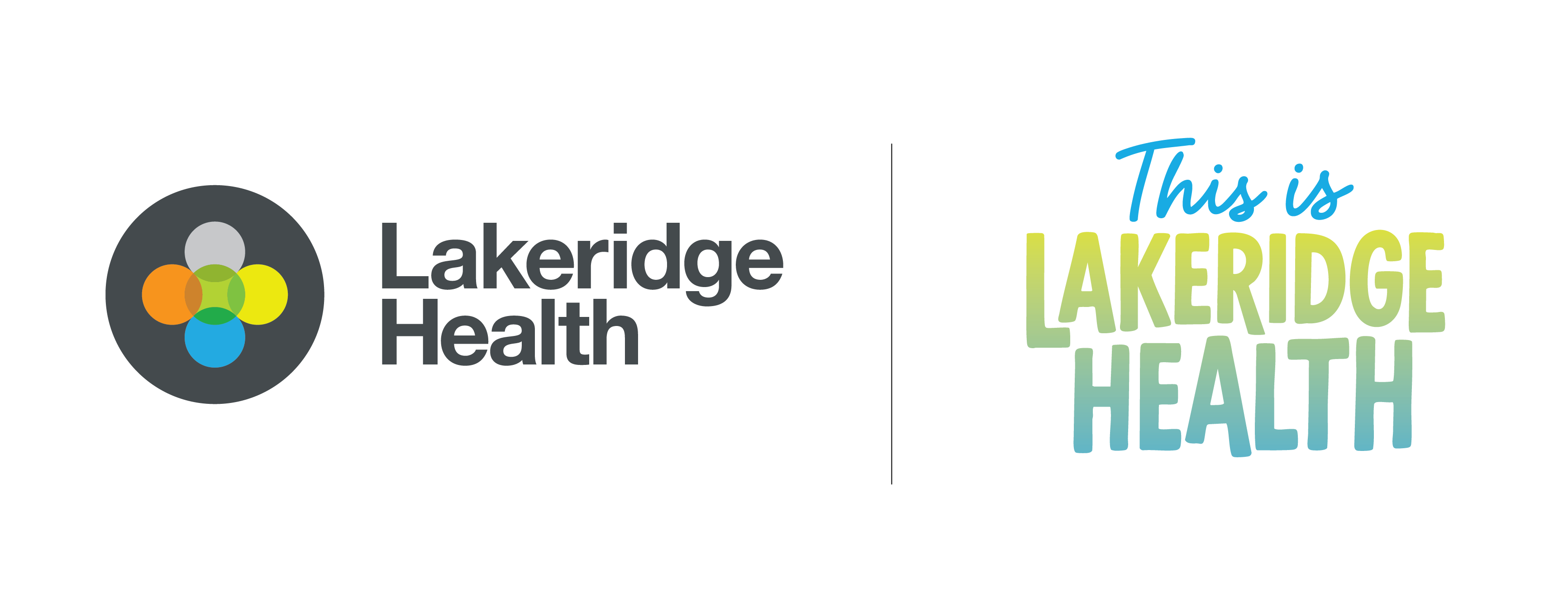Collaborative Care Approach to Mental Health and Addictions Service is Changing Lives
A little over one year ago, Oshawa resident Rob Williams decided to seek a life of sobriety after what he called living a ‘reckless’ life to support his alcohol addiction.
“I wasn’t being honest with myself or anyone around me,” recalled Rob. “I knew I could do better and should do better, so that’s why I decided to seek treatment. I wanted to regain control of my life.”
Rob’s journey began in a detox bed at Lakeridge Health’s Pinewood Centre. At the renowned addictions services centre, Rob received care for withdrawal and assistance with his treatment plan.
Once his detox was complete, Rob enrolled in the Toronto-based Renascent inpatient addictions program, one of Canada’s largest abstinence-based treatment providers. Living with others in a similar situation, Rob completed a 12-step rehabilitation program to help build lasting habits and regain control of his life. Upon completion, he returned to Durham Region and was granted a spot in Cornerstone Durham’s transitional living program.
“I’m so grateful for these organizations that worked together to help me during my crisis,” said Rob. “If I had any questions or concerns, they had no problem calling the other programs for answers and to clear hurdles, like registration information. If it wasn’t for the help of the many agencies, including Lakeridge Health, I would be on the streets right now.”
Rob says the inter-agency coordination helped break down barriers. This system-wide collaboration, which puts clients at the centre, is the foundation of Together, Best Mental Health, Lakeridge Health’s three-year mental health and substance use service strategy.
“At Lakeridge Health, we’re focused on working in partnership with other community agencies to help ‘wrap services’ around clients,” said Sheila Gallagher, Director, Community Mental Health and Addictions, Lakeridge Health. “We know when we work together, clients thrive.”
Overall, Lakeridge Health has more than 100,000 mental health visits a year for adults, more than 12,000 visits for children and youth, and more than 14,000 visits to the Emergency Department (ED) related to mental health and substance abuse.
Despite this high incidence, Rob acknowledges that many people may be hesitant to seek care. He says he is sharing his story to encourage others to come forward.
“There is nothing to fear,” said Rob. “Help is available here in the community. The people are great, just reach out.”
If you or a loved one are struggling with substance use, please know help is available, please visit our Pinewood Centre page on our website, click here to see your options.

